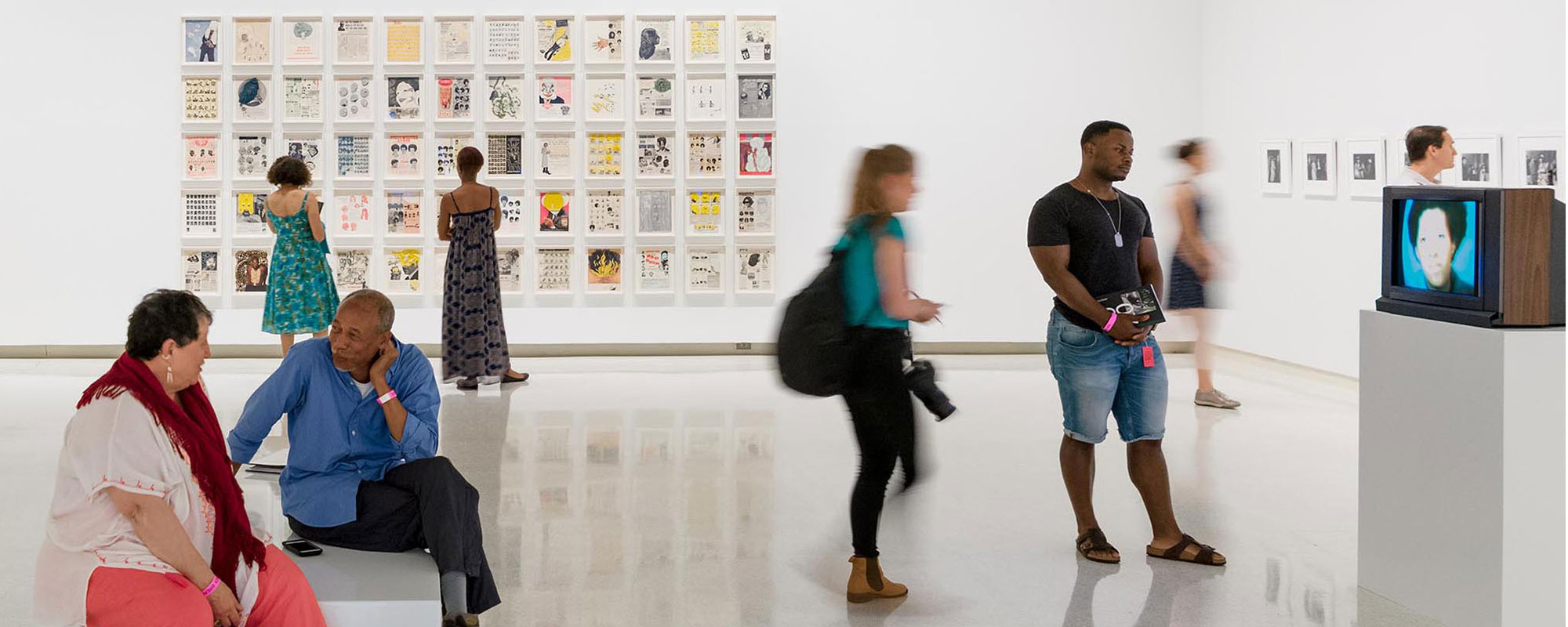Giving Forward:
Who:
Liz and James Barnes
What They support:
General operating funds at Carnegie Museums of Art and Natural History
Why it matters:
“It’s easier to view an organization as open and welcoming to you when you see people who look like you on the board.”
It took visiting some of the world’s great museums for Liz and James Barnes to truly cherish all Carnegie Museums has to offer. “We travel quite a bit now and appreciate much more how special these resources are and how important it is that we promote them to the broader community, locally and outside of the region,” says James, a veteran corporate attorney who is office chair for Blank Rome LLP’s Pittsburgh headquarters. “In other cities, we’ve waited in long lines to get into a museum, only to realize, this is great, but what we have is at least as good.”
For Liz, who grew up within walking distance of Carnegie Museums of Art and Natural History in Pittsburgh’s Oakland neighborhood, she’s now experiencing her childhood museums with fresh eyes—and wants the same for other Pittsburghers.
“I now have a deep appreciation for the fact that we have this huge Monet [Water Lilies] in Pittsburgh,” says Liz, an engineer by training who had a career as a management consultant at Price Waterhouse before teaching high school math for more than a decade at The Ellis School. “We realize that the natural history museum is taking on important topics like the Anthropocene—a term which was new to me, which is exciting because it keeps me learning—and LGBTQ+ in nature,” a nod to an upcoming exhibition focused on sex, gender, and identity in the natural world. “I love that when I visit, some things are familiar and nostalgic and feel like coming home—like the igloo in Polar World—but that there’s also plenty new to discover.”
The couple wants a wider and more diverse Pittsburgh audience to feel this same kind of connection and ownership over such a valuable community asset. It drives their financial support of the museums as well as their willingness to dedicate precious time as volunteer leaders. “We realized we were not alone, that many people who live here don’t realize what we have right here in our backyard,” says James. “We want to help change that—it’s that important to the community.”
From a business perspective, James says, it’s crucial to get the word out about what makes Pittsburgh a place where the country’s top talent wants to work, live, and raise a family. Equally important to the couple, who have three grown children, is for Carnegie Museums to expand who it’s making feel welcome and represented locally, particularly people of color. It was an impetus for James joining Carnegie Museum of Art’s advisory board in 2016. Liz joined Carnegie Museum of Natural History’s advisory board a year later.
“It’s easier to view an organization as open and welcoming to you when you see people who look like you on the board,” says James. “I’m aware of that responsibility and I take it very seriously.”
In addition to diversifying board membership, he notes, museum leadership is rethinking what’s relevant for topics of exhibitions, collecting more work by women and people of color, and prioritizing strategic outreach to communities the museums have not historically engaged.
“I’m pleased that leadership is so focused on diversity and expansion. In today’s world, so many organizations talk about it and don’t embody it,” says James. “I feel we’re really trying. There’s a lot of work to do. I don’t think we’re in a place yet where I can say we’ve been successful, but there is a consistent effort and focus—maybe small steps, but they’re consistent.”
To learn more about giving opportunities at Carnegie Museums, contact Liz McFarlin-Marciak at mcfarlinmarciakl@carnegiemuseums.org or 412.622.8859.
Receive more stories in your email
Sign upTags:
The Inclusive Museum
